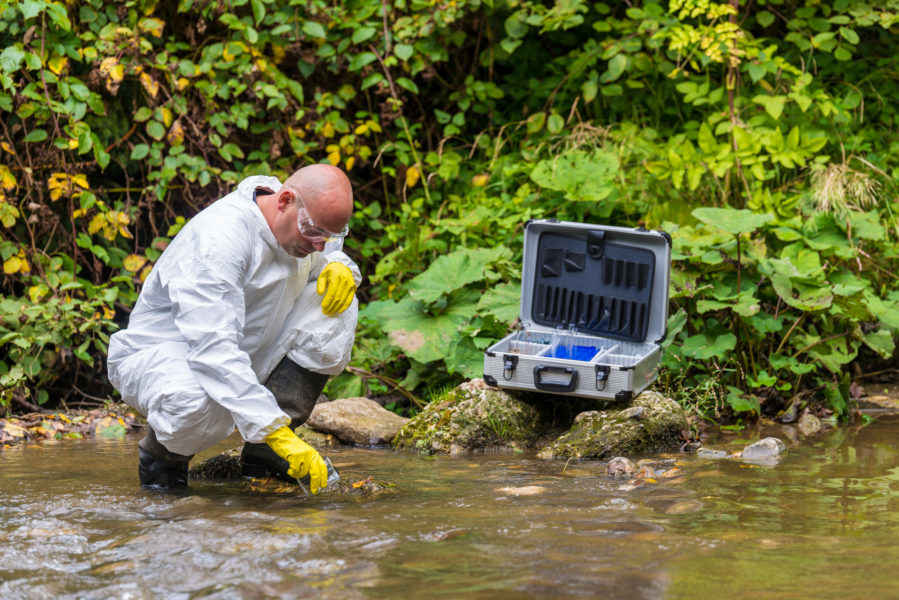Great Lakes Integrated Sciences and Assessments Project
Across the U.S., both public and private entities are working to address the impacts of climate change on the health of our communities. The Great Lakes Integrated Sciences and Assessments Program works to integrate information from a wide array of scientific fields, develops collaborations between entities with similar goals, and helps inform decision makers throughout the Great Lakes region with sound science on climate change and variability.

Explore more sub-topics related to Projects
Learn More
A closer look at our work to build public health’s capacity to address climate change
Project Leadership
Jill Krueger, J.D. Director, Network for Public Health Law Northern Region Office
Contact Us
The Network invites others who are interested in exploring similar opportunities to contact Anna Schmalzbauer, Senior Program Manager, Network for Public Health Law National Office.
The Network is one of 12 organizations to receive a grant from the Great Lakes Integrated Sciences and Assessments (GLISA) to address the risks of climate variability and change in the Great Lakes region. The Network will partner with public health associations and departments to determine how to enhance practitioners’ capacity to utilize public health law to address climate change.
The project consists of online webinars and a small number of in-depth, in-person trainings. The trainers will share historical and projected climate information relevant to the region and local area, and will map the pathways through which these changes are likely to produce adverse health impacts (for example, extreme heat may contribute to heat stroke or even death, wildfires and air pollution may exacerbate respiratory illnesses). Trainers and participants then examine state and local health departments’ current legal authority to address the human health impacts of climate change. Additionally, trainers will describe emerging opportunities to mitigate and adapt to climate change through law and policy.
This review of existing legal authority, relevant legal strategies, and case studies from around the country will increase public health leaders’ readiness to serve as their communities’ “chief health strategist” in the face of climate change. Following the trainings, Network attorneys offer legal technical assistance to public health leaders to further amplify their capacity to protect, promote, and improve health by enforcing and implementing current laws and working with partners to introduce innovative, evidence-based laws and policies.




